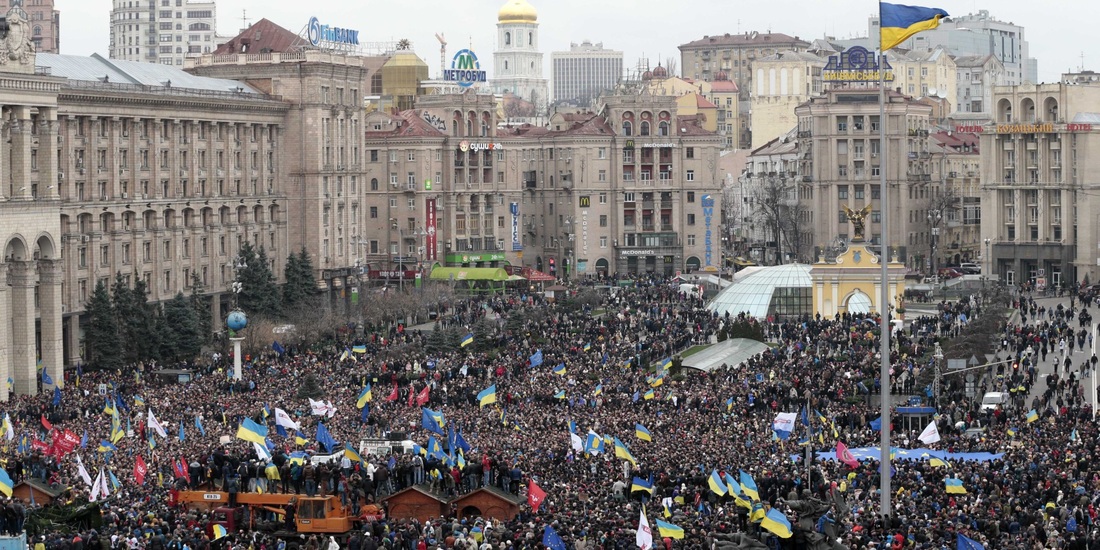Last week, INSEAD hosted the Ukrainian Minister of Economy for a dialogue with MBA students on reforming the Ukrainian economy. Aivaras Abromavicius has been in the office for just over three months and already set an aggressive plan in place to repair and expand the economy.
In addition to repairing the recent crisis, Abromavicius wants to undo bad policies from the last 20+ years. This involves deregulation, privatization, tax reform, and restructuring the ministry. Instead of dissolving the ministry completely, he hired a new leadership team, only keeping half of the employees, and drastically cutting the bureaucracy, or "fat," of the ministry and associated processes.
Abromavicius is bringing in an international team and benchmarking other countries in initiatives such as tax reform and privatization. One of the primary hurdles is addressing the culture of corruption rampant in the nation. I liked the idea of joint customs control at the border to alleviate this issue.
Many of my Russian classmates were concerned about the current relations, political and economic, between Ukraine and Russia. I echo their concerns because Ukraine has a very important geopolitical position between Russia and the EU. Major gas pipeline from Russia to the EU run through Ukraine and the EU is reducing its dependence on energy from Russia.
Abromavicius' reforms may be controversial but drastic policies are often needed in times of crisis. Outside perspective from foreigners and the private sector can bring value but do they really have what is in the best interest of Ukrainian citizens? Can we learn from a country in crisis to implement economic reforms elsewhere?



 RSS Feed
RSS Feed

